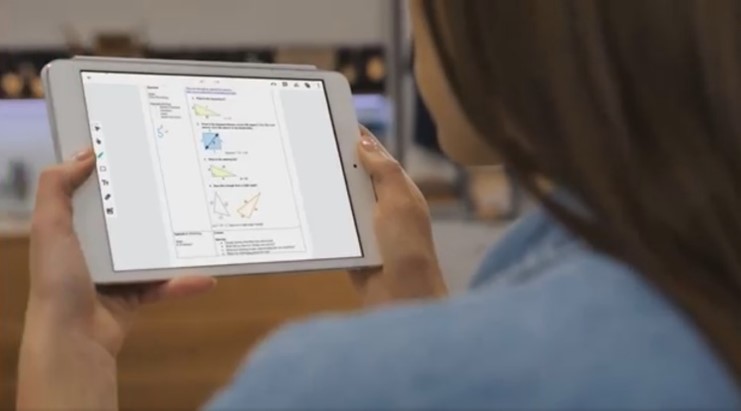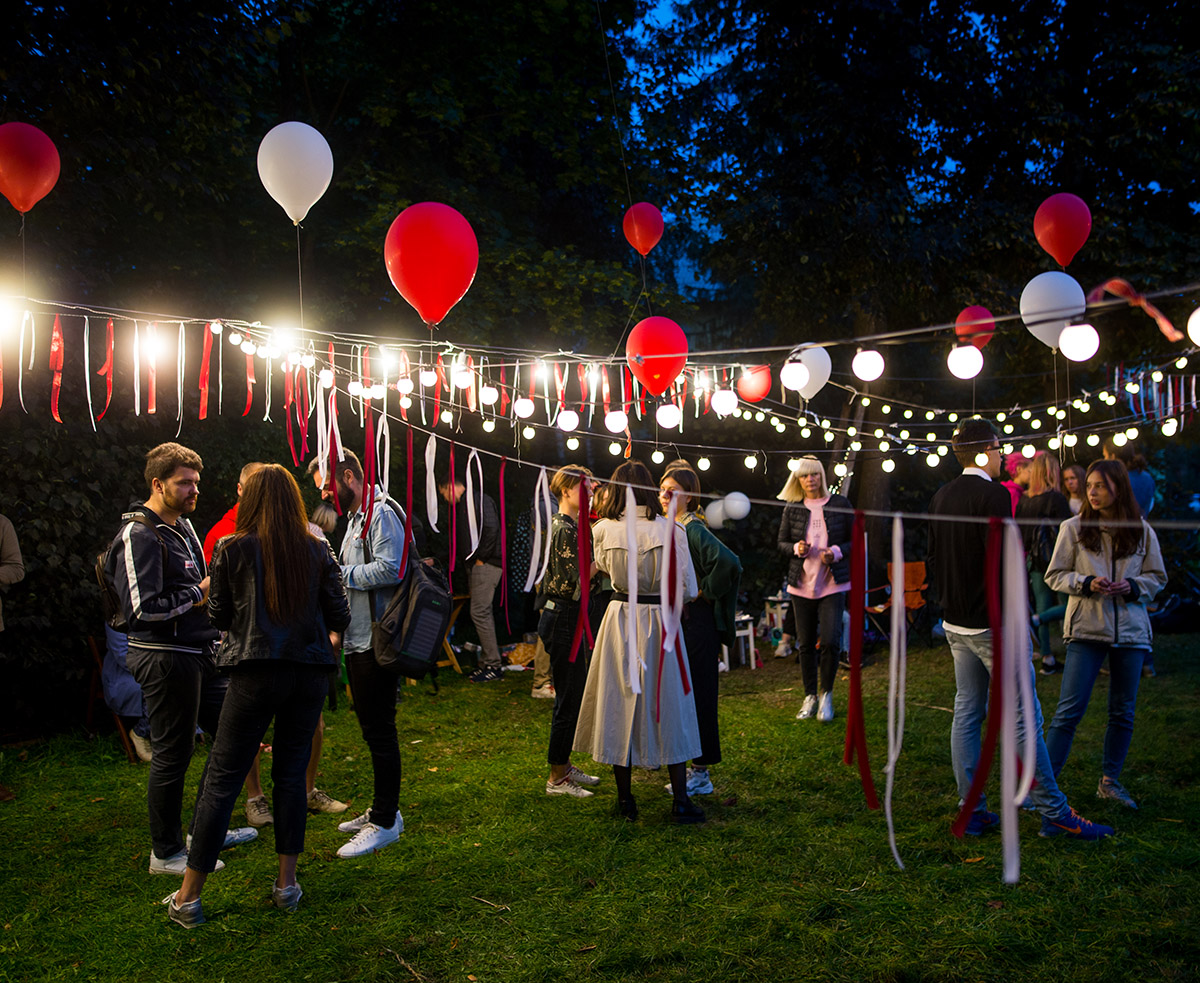by Stas Ghiletchi, Local Correspondent from Moldova
The month of November and December are the months when Moldovan local public authorities are busy developing the budgets for the next year. Budget development is a complex and lengthy process on a regular basis, but the effort this year was significantly more difficult due to the COVID-19 pandemic. The crisis negatively affected both revenues and expenditures. And the social, economic and public health impact will continue to play a significant role in the 2021.
In order to reduce the challenges, several cities from Moldova decided to do more to encourage citizen participation: from asking about the priorities that should be chosen for next year to organizing public hearings on budgetary issues. Local authorities decided to use the crisis as a way to establish a better dialogue with citizens and to understand how to use the available financial resource in a more efficient way, thus enabling them to meet the needs of the local population. This article will explore some of the most pressing issues faced by Moldovan citizens living outside the capital.

Poor road infrastructure and bad sidewalks are the most pressing issues mentioned by citizens. On average, Moldovan cities allocate from 5% to 10% of the budget to road and sidewalk infrastructure. And usually, these are the first funds to be cut when a fall in revenue happens. The available resources cover with difficulty maintenance expense, leaving no money for new investment projects. The constant underfunding of infrastructure negatively affects citizens’ quality of life.
Poor infrastructure also plays a major role in road crashes. Moldova registers 78 deaths per one million inhabitants (EU average is 51) and risks missing its target to halve the number of victims. Good sidewalks can also contribute to reduced car usage and improve citizens health. Thus, the authorities need to address underinvestment in this particular area.
Implementation of waste sorting systems was the second problem identified by the urban residents of Moldova. Waste management continues to be a major challenge for the authorities. Most of the time, all the waste is deposited at a landfill and very few landfills in the country meet the minimum safety requirements. This affects negatively the air, water, soil and the health of the local community. It is vital for the authorities to start implementing separate waste collection and recycling.
As more and more people were stuck at home because of COVID-19, residents of cities started to pay more attention to parks and public spaces. The results of the survey show that this particular aspect has been neglected by the local authorities over the course of the years. This increase in attention, represents an opportunity to revitalize the green spaces of cities. A good planned and designed green infrastructure can deliver multiple benefits for human wellbeing, especially in times of limited social interactions.
Access to water and sanitation was also one of the identified problems. According to data[1] from the Bureau of Statistics 60% of the population has access to water supply services and only 29% of the population has access to centralized sewage systems. And the lack of water treatment facilities puts significant pressure on the environment. With financial support from international partners, progress is being made, but obviously citizens think that such projects should be accelerated in order to increase the share of citizens that have access to water and sanitation and reduce the negative impacts on the environment.
A rather surprising discovery was the problem of stray dogs. The survey data shows that stray dogs have become a serious problem in Moldovan cities. Lack of shelters and inexistence of policies to deal with the issue allowed for an uncontrolled reproduction of dogs. People are worried about the negative impacts for the city environment, human health and safety of their children. Hopefully, the local public authorities will focus more on this specific problem and will work together in order to find solutions that would solve this problem.
The local budgets are very dependent on transfers received from the general state budget, around 70%[2] of all revenues come from the central government. The share of revenues collected at the local level rarely exceeds 10% from the entire local budget. This represents significant constraints on the capacities of the local authority to implement projects that will solve the needs of the population. In this context it is necessary to look for other innovative financial solutions. One potential answer to constant lack of resources is the issuance of municipal bonds. According to a recent report[3], municipal bonds are one of the most suitable means for financing investment projects in Moldovan cities. So far, no city from Moldova issued such bonds to finance capital investment projects.

The budget survey confirms the fact that the needs of the population far outweigh the financial capacities of the local authorities to solve the day-to-day problems faced by residents. But despite the difficult times, it is extremely encouraging to observe that authorities are willing to be pro-active and look for ways to engage with the local population. Transparency and openness are crucial factors for gaining citizens’ trust, but also in identifying other potential sources of revenue. For example, issuing municipal bonds requires good governance at the local level. Hopefully, as cities around the country continue to improve their governance and public participation in the budgetary processes, local authorities will be able to tap into new financial sources that will cover at least partially the cost of new investment projects.
[1] https://statistica.gov.md/newsview.php?l=ro&idc=168&id=6375
[2] https://www.expert-grup.org/media/k2/attachments/Municipal_Bonds_policy_paper.pdf
[3] https://www.expert-grup.org/media/k2/attachments/Municipal_Bonds_policy_paper.pdf
This article was produced by Stas Ghiletchi, the Project’s local correspondent and EaP Civil Society Fellow from Moldova in the framework of the EU-funded ‘Eastern Partnership Civil Society Facility – Regional Actions’ Project. Its contents are the sole responsibility of Stas Ghiletchi and do not necessarily reflect the views of the European Union or the Project.
Read more about our local correspondents here.




